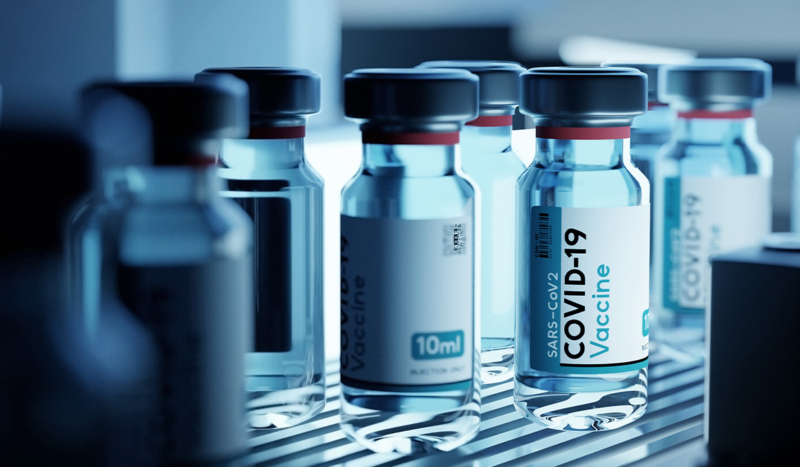
Adobe Stock
The Food and Drug Administration (FDA) announced a major policy change Tuesday that will limit COVID-19 booster shots for healthy people under 65—a sharp break from the previous blanket recommendations.
In a New England Journal of Medicine article, FDA Commissioner Martin Makary and vaccine regulator Vinay Prasad argued that drugmakers must now provide clinical trial data demonstrating that boosters improve overall health—not just increase antibody levels—before receiving approval.
“For all healthy persons… the FDA anticipates the need for randomized, controlled trial data evaluating clinical outcomes before Biologics License Applications can be granted,” the authors wrote, criticizing the previous policy’s “one-size-fits-all regulatory framework.”
“The U.S. policy has sometimes been justified by arguing that the American people are not sophisticated enough to understand age- and risk-based recommendations,” they added. “We reject this view.”
Under the new criteria, updated boosters will remain available without new trial data for individuals over 65, as well as for high-risk groups, including those as young as six months with underlying conditions.
Makary and Prasad pointed to lagging public interest as evidence of growing skepticism. Fewer than 25% of Americans have received boosters in the past two years, and many Americans are questioning the benefits of repeated vaccination.
“We simply don’t know whether a healthy 52-year-old woman with a normal BMI who has had Covid-19 three times and has received six previous doses of a Covid-19 vaccine will benefit from the seventh dose,” they wrote. “This policy will compel much-needed evidence generation.”
While the new policy tightens access for the general population, the FDA’s “high-risk” category remains broad, including conditions like obesity and depression. Estimates suggest 100 to 200 million Americans will still qualify for boosters.
“The FDA’s new Covid-19 philosophy represents a balance of regulatory flexibility and a commitment to gold-standard science,” the article concluded.

